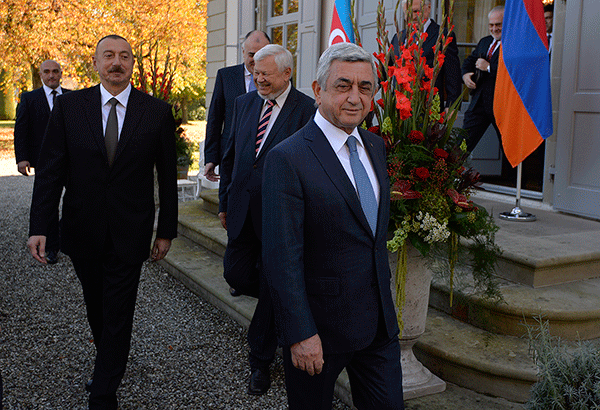During a Facebook live stream, RPA vice-chairman and former member of the National Assembly Armen Ashotyan addressed the allegations against the opposition that they are spreading Azeri theses in Armenia. “The main thesis of the opposition is that Artsakh cannot be part of Azerbaijan. Can you say that? I and my president can. He was the first to say it. The opposition can say that and work in that direction, but can you? Is the thesis that Artsakh will never be a part of Azerbaijan an Azerbaijani one? I didn’t know that,” remarked Armen Ashotyan.
He asked the question: what is the thesis of those making the mentioned claim: to lower the expectation of the status of Artsakh, to lower the bar? According to Armen Ashotyan, the theses of Nikol Pashinyan, that Artsakh would have been left as a part of Azerbaijan due to the legacy of previous negotiations, are actually Azeri.
“These are the theses of Aliyev and his father. Nikol Pashinyan from the high podiums spreads and spreads Azerbaijani theses that, in his opinion, the resolutions of the UN Security Council of 1993 solved the Artsakh issue Azerbaijan also says so. Or when you agree with Charles Michel that instead of “Nagorno-Karabakh” it should be written “Karabakh”, and instead of “People of Nagorno-Karabakh” – “Ethnic Armenian population of Karabakh.”
Read also
Moreover, such stupid, immoral and false theses are spread in RA, which even Azerbaijanis do not spread. For example, according to the law on administrative territorial division, Artsakh was already handed over to Azerbaijan. Even Aliyev never said such a stupid thing in his life that Artsakh had already remained part of Azerbaijan according to “Madrid principles.”
Luiza Sukiasyan





















































